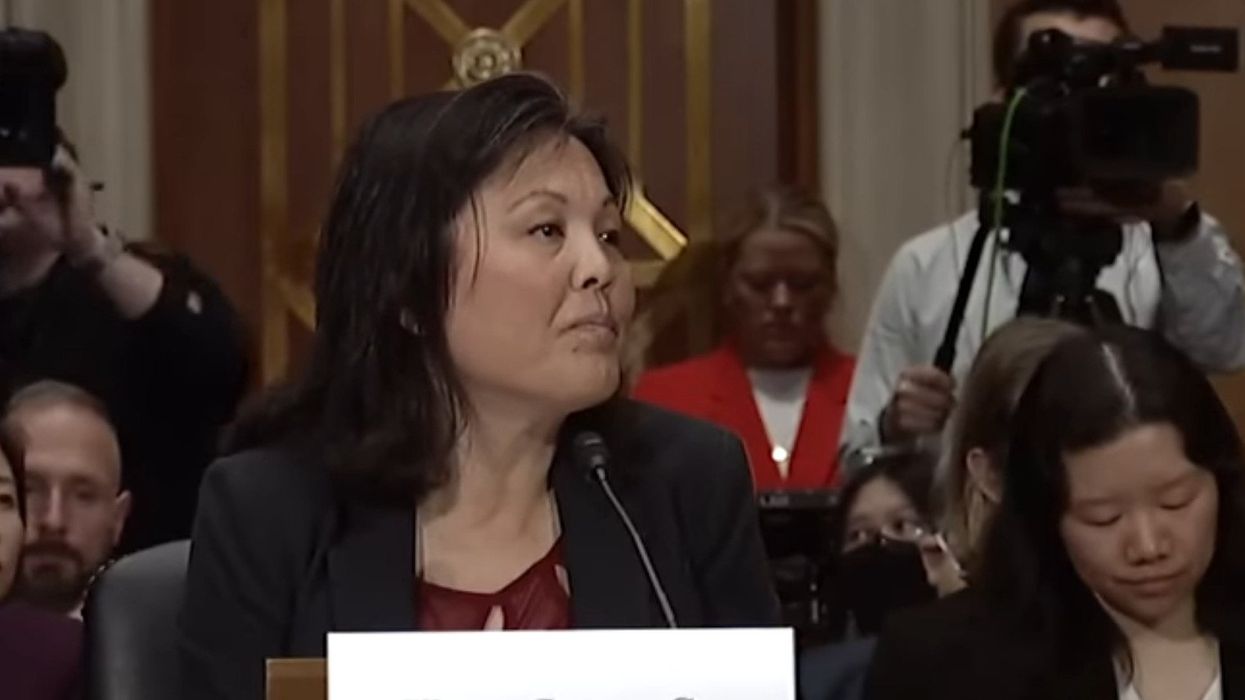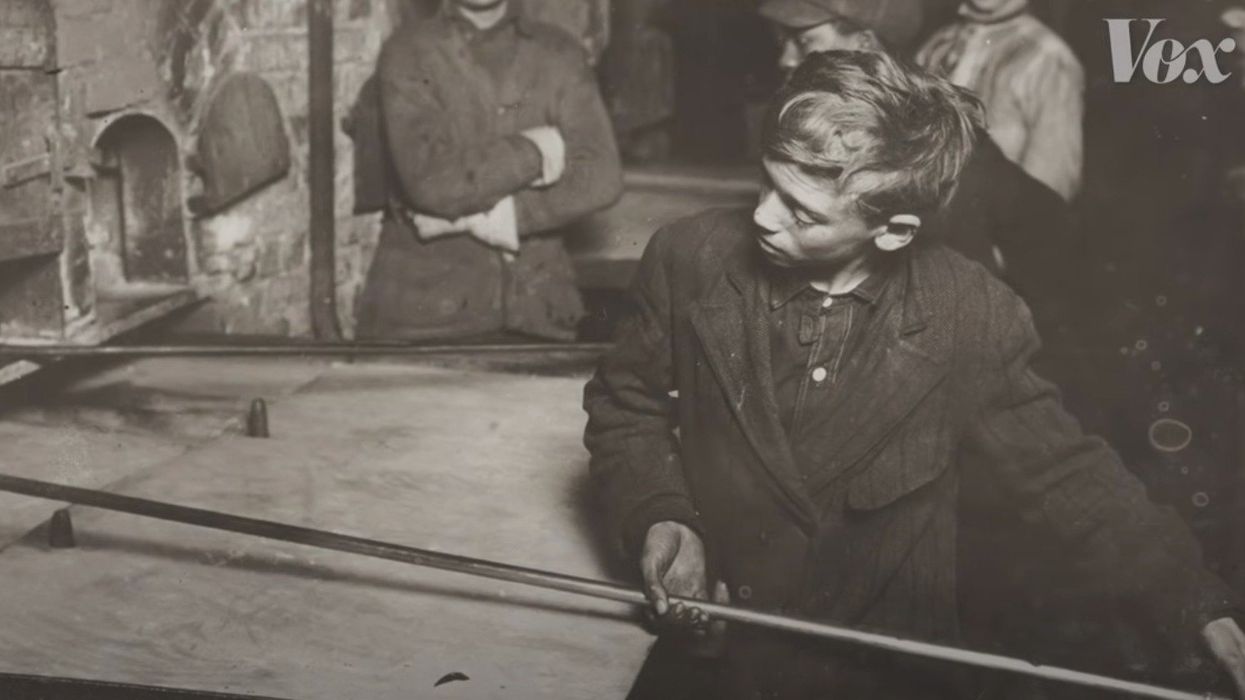Florida Republicans Seeking A Return To Full-Time Child Labor
Florida has the nation’s worst learning rate. Maybe it shouldn’t be a surprise that in a state where dictionaries get banned from libraries and teachers get fired for using a gender-neutral pronoun, students go home with 12% less knowledge than the national average. However, Florida students are being protected from classical art and exposure to potentially gay Disney characters. So … thank you, Ron DeSantis.
But Republicans have a way to make sure that students no longer are forced to suffer through an inadequate Florida education. It’s called full-time labor during the school year. Also, the bill would reduce the number of mandatory breaks given to young workers. Because f**k those lazy kids who want a drink of water or to go to the bathroom. Learn to hold it, losers.
“Employers consider the entry level work of teens like jobs in hospitality, grocery, and retail to be ‘invisible curriculum,’” said Republican Rep. Linda Chaney, who introduced the legislation. So far as Florida Republicans are concerned, kids don’t need history, math, or science. They need to get into the real world and learn real lessons. Like how impossible it is to find a decent job when you don’t know any history, math, or science.
Florida is one of an astonishing 16 states that have introduced legislation to roll back child labor protections in the past two years. The bill introduced in Florida is trying to destroy limits that were put in place in 1913. Florida is legitimately trying to allow child labor at a level not seen since before World War I.
But according to Chaney, we’re not really talking about kids.
“This bill is not about children, this bill is about teenagers,” she said. “They’re 16 and 17 years old. They’re driving cars. They are not children. This is not child labor.”
Those people back in 1913 who wrote legislation that prohibited Florida employers from scheduling 16- and 17-year-olds for more than eight hours on school nights or more than 30 hours a week during the school year seemed to think teenagers were children. Or at least, not fully adult. How are Republicans ever going to make Florida great again if they can't make things worse than they were over a century ago?
Even the existing limits seem like an impossible burden for any student. Working a 30-hour week while attending full-time classes as a high school sophomore seems only a bit short of the backstory for a Dickens character.
“I think we’re wrapping our kids in bubble wrap here,” said Republican Rep. Jeff Holcomb.
Yes. Only allowing eight hours of work on a school day is coddling. Surely Holcomb did more than that when he was a kid and had to walk to school in snow, uphill both ways, back when Florida had snow. And hills.
Except he didn’t. Because there was a law. There was a law that protected every single one of the Florida legislators now trying to strip protection from children. Excuse me, teenagers.
The Florida bill, like this one from Indiana and those introduced in several other states, is a clone of proposed legislation drafted by a right-wing think tank funded by billionaire Dick Uihlein. Uihlein, who has a net worth north of $5 billion, is the money man behind multiple right-wing bill factories.
Uihlein didn’t exactly work his way up from the bottom. He’s an heir to the Schlitz brewing company and the owner of what he claims is the largest “shipping supply” company in the nation. In other words, the man owns a lot of cardboard.
That he’s getting good service in Florida is no surprise. He provided $1 million to Ron DeSantis’ campaign and another $1.4 million to his super PAC. Uihlein’s wife gave DeSantis another $1.5 million. Uilein’s name may not be all that familiar, but according to Forbes he and his wife are the fourth-largest contributors to political campaigns, with total contributions over $190 million.
Even the money wasted on DeSantis could be a good investment if Uihlein gets what he seems to want in return: cheap labor.
Ready access to cheap labor has been threatened by Republican policies making it hard to hire migrant laborers who formerly provided labor in agriculture, construction, and tourism. Now Republicans seem to be turning to treating America’s children as an alternative source of low-wage labor.
Opponents of the bill in Florida have correctly pointed out that the legislation, as written, has no barriers that would protect young workers' right to continue in school. Employers could require work during the school day, forcing kids to choose between attending class or keeping their jobs. They could also require kids to stay for overtime on a school night.
But Republicans might not see that as a problem. After all, polls have shown that the more educated people become, the more likely they are to hold progressive views on issues. People with a postgraduate degree are more than twice as likely to consider themselves liberal than those whose education never went beyond high school.
What better way to ensure that never happens than by stopping those kids from ever getting through high school in the first place? This is what it looks like when the billionaire barons buy themselves a class of permanent serfs.
Reprinted with permission from Daily Kos.












